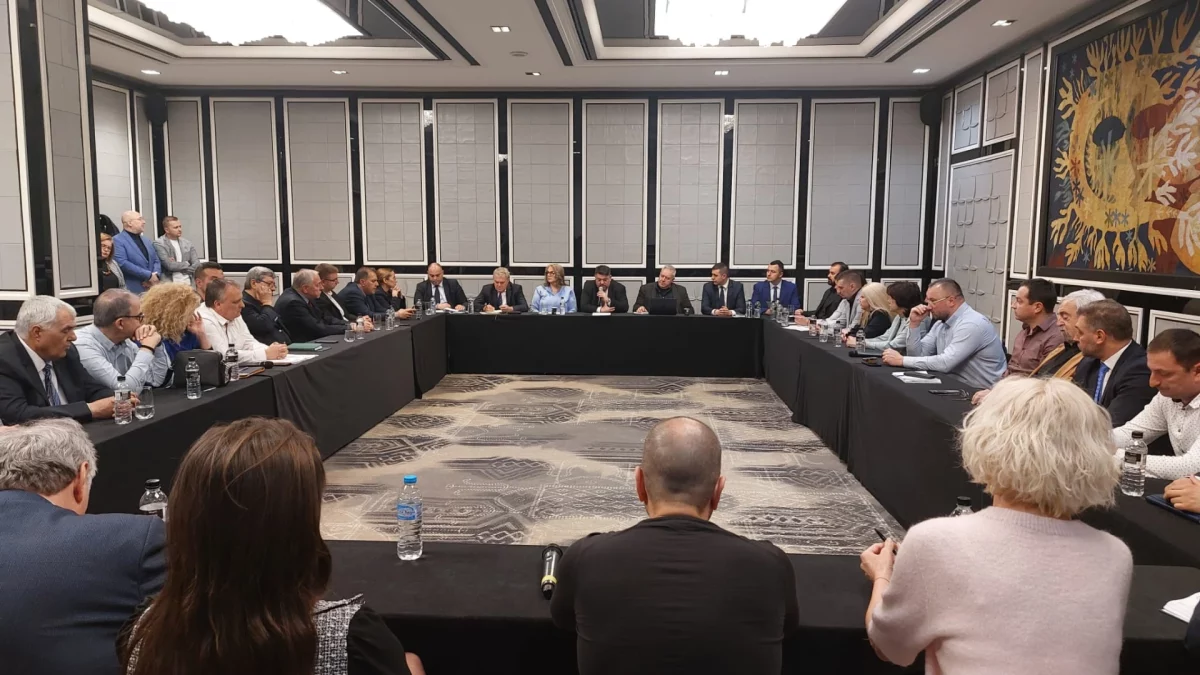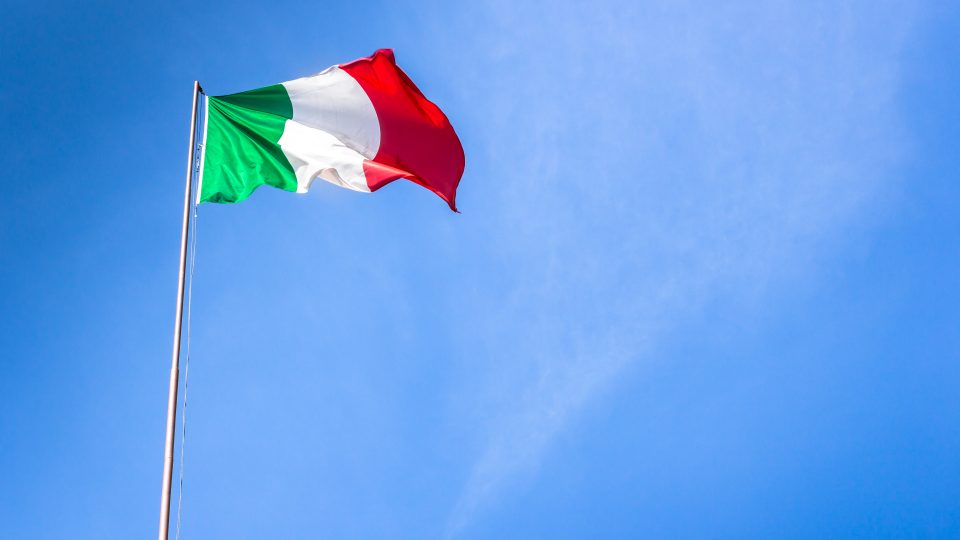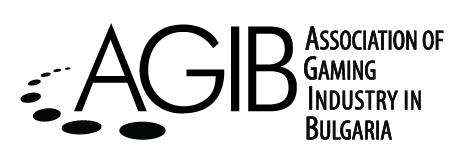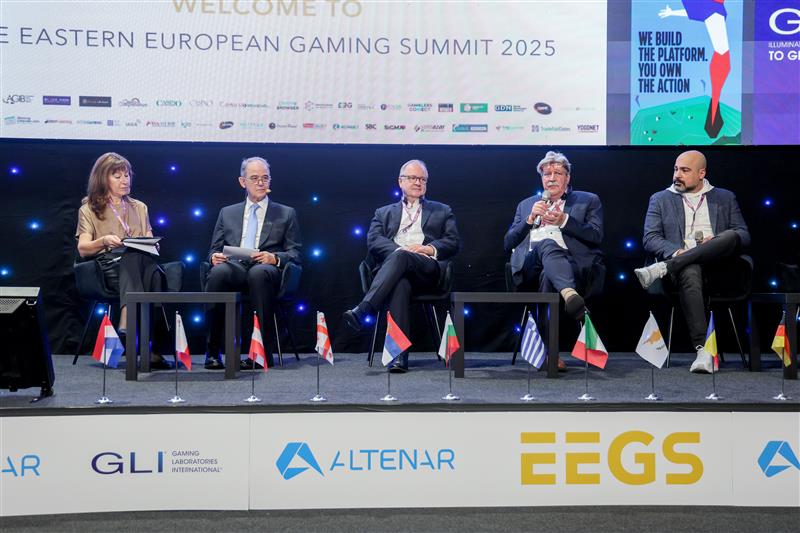Illegal gambling plays a significant role in strengthening the shadow economy and increasing the risks of money laundering, human trafficking, drug trade, and even arms trafficking. This warning came from Deputy Minister of Interior Filip Popov during a roundtable discussion on “Combating Gambling Addiction and Illegal Gambling,” held under the auspices of Deputy Prime Minister Atanas Zafirov. The forum brought together representatives of the Ministry of Interior, General Directorate for Combating Organized Crime (GDBOP), the National Revenue Agency (NRA), sociologists, psychiatrists, and representatives of industry associations. The Association of Gaming Industry in Bulgaria (AGIB) was represented by its Chairperson Angel Iribozov.
According to Atanas Atanasov, Deputy Chair of the Parliamentary Budget Committee and moderator of the event, the public debate around gambling is often dominated by populist rhetoric that fails to bring constructive solutions.
Illegal gambling, which Popov stressed is directly linked to gambling addiction, was among the most discussed topics during the event. Former Minister of Interior and current Chairman of the ABV political party, Rumen Petkov, also emphasized that the true issue lies not in the legal gambling sector, but in the unregulated operations. “It’s easy to call for bans on gambling and gambling advertising, but what do we do with legal operators?” he asked, underlining the need for a more balanced and effective approach.
Petkov noted that underage users cannot access licensed gambling platforms because operators are required to comply with strict regulations. “No licensed operator would risk losing their license. In the illegal sector, there are no such concerns,” he added.
He also pointed out that European countries are currently debating the topic with a different perspective. “In the UK, for example, the government has ruled out banning gambling advertisements in football clubs. The Netherlands is starting its own national conversation on this matter – a country that also hosts Europol,” Petkov said. According to him, local authorities, the Ministry of Education, and law enforcement should play an active role in prevention strategies targeting vulnerable groups.
Another key issue raised was the lack of transparency in how funds collected from the gambling industry are used for prevention. “We have control over the funds collected through taxes, but we do not know how the money allocated for prevention is spent once it enters the general budget,” Petkov explained. He emphasized that the proceeds from illegal gambling are used to buy influence and fund criminal activities, making them untraceable and highly dangerous.
Deputy Director of GDBOP Boyan Raev stated that the directorate has effective mechanisms in place to combat illegal gambling websites. Pavlin Petrov, also from GDBOP, noted that just like many other aspects of modern life, gambling has moved online. Over the past 10–15 years, foreign operators have increasingly targeted the Bulgarian market, often operating from abroad.
Dr. Tsveteslava Galabova, psychiatrist and director of the St. Ivan Rilski Hospital, explained that young people are most likely to try gambling through illegal websites, driven by the desire for adrenaline. She pointed out that gambling addiction is still not formally classified as a mental disorder. According to the national register of vulnerable individuals under the Gambling Act, approximately 50,000 people have been registered in the last two years, while the number of registered alcoholics exceeds 200,000.
The National Revenue Agency (NRA) noted that legal gambling in Bulgaria is under strict control and that in recent years significant efforts have been made to analyze and improve the sector. They also highlighted an ongoing joint campaign with the Customs Agency aimed at tackling gambling addiction.
AGIB continues to emphasize that combating illegal gambling must remain a top institutional and public priority due to its deep and far-reaching impact on both the economy and society.




